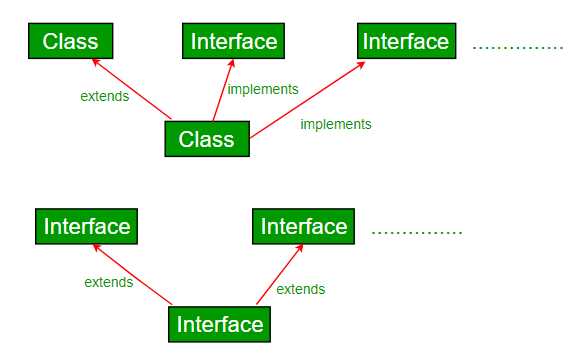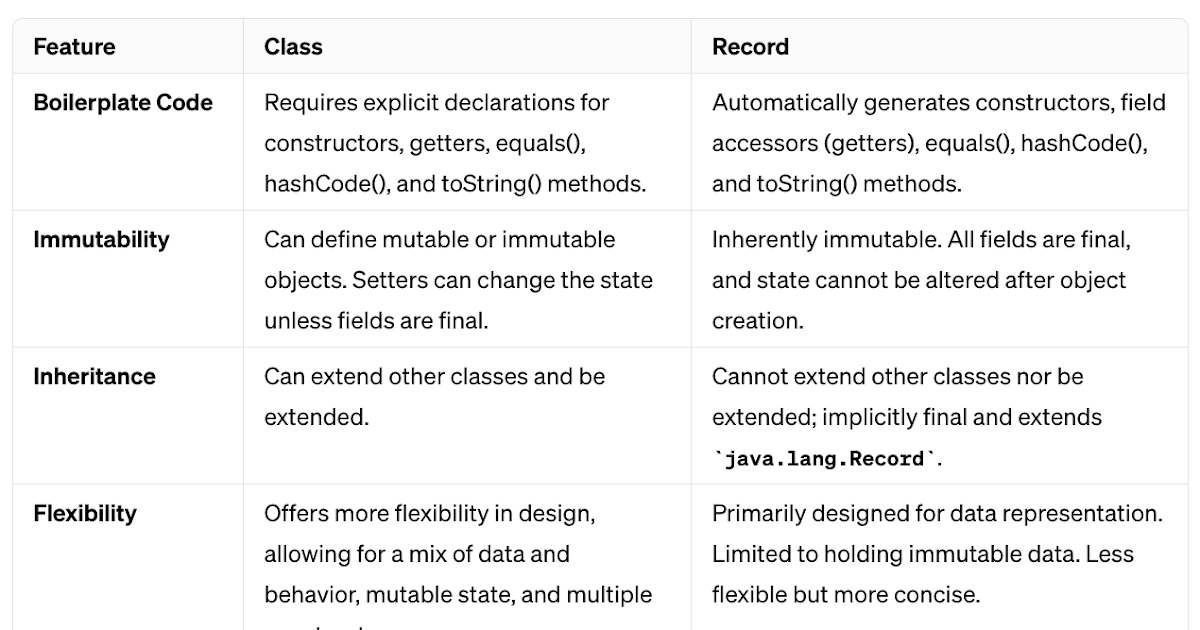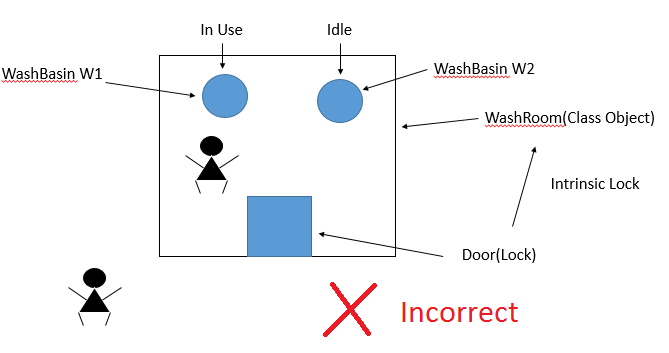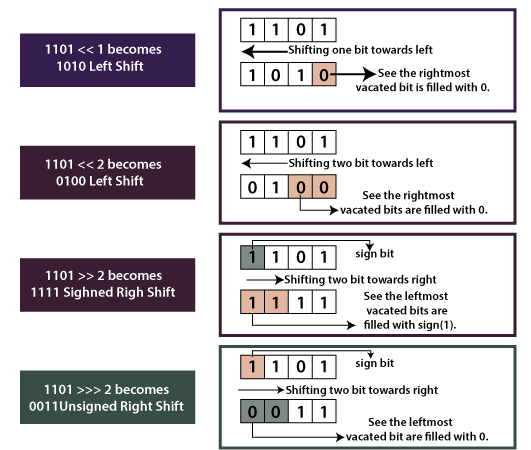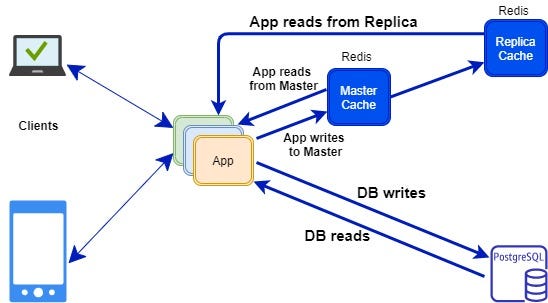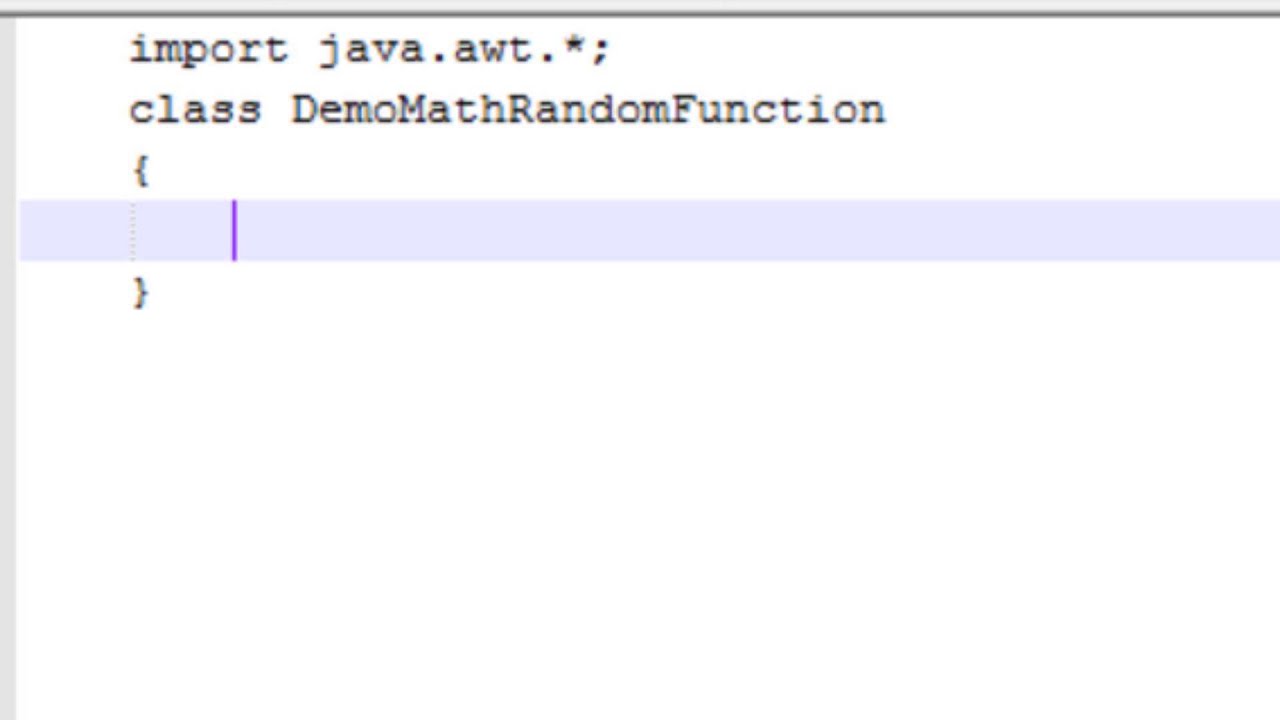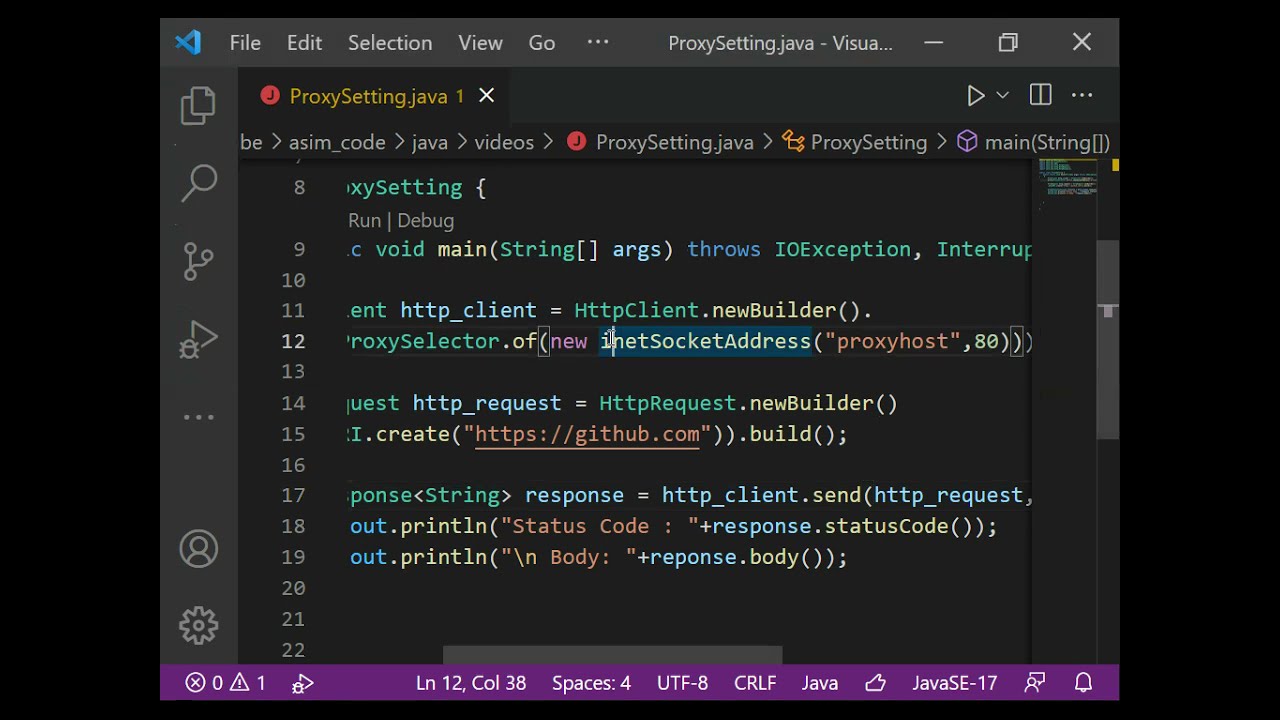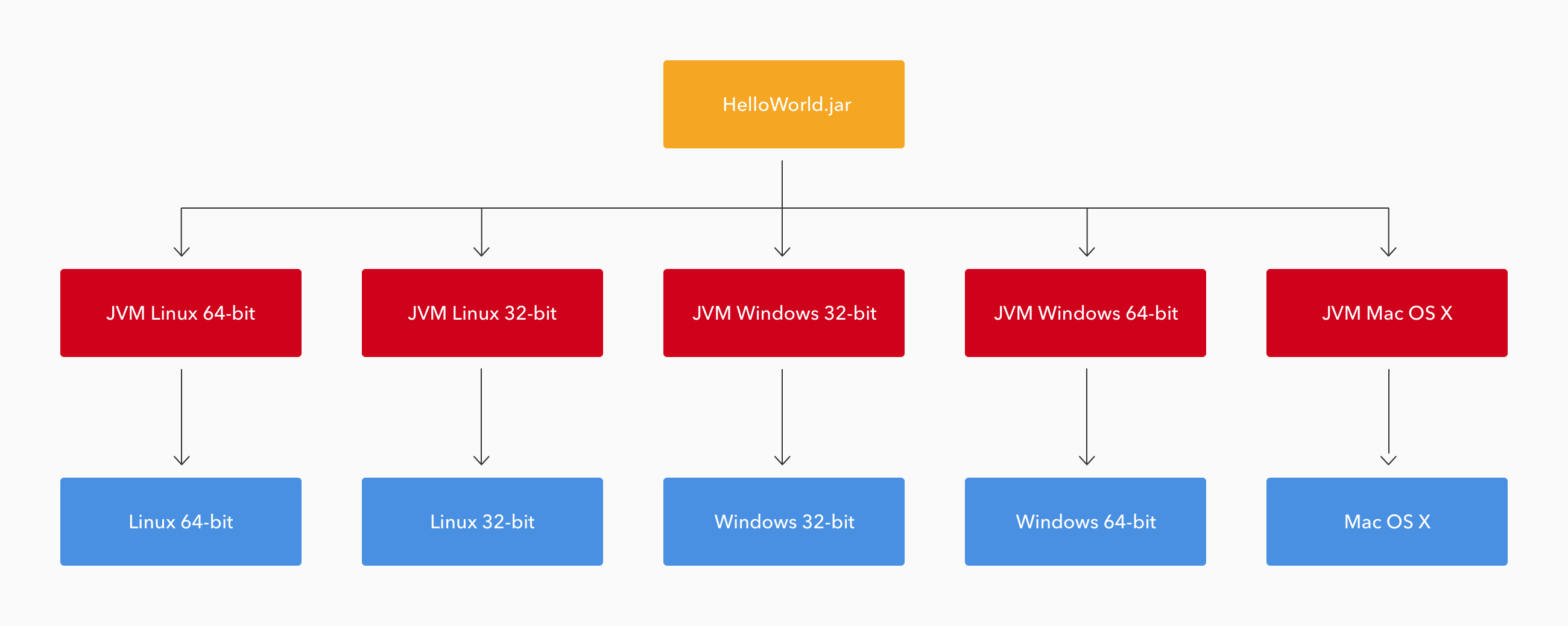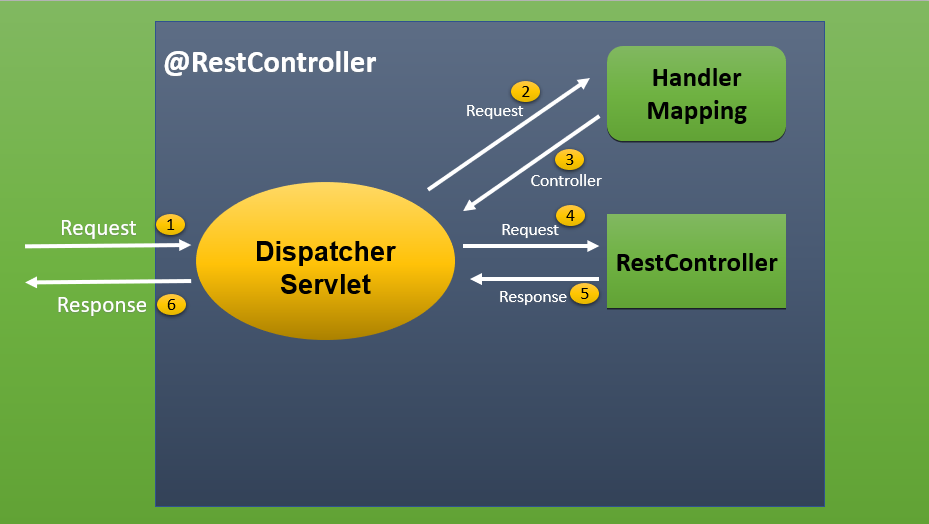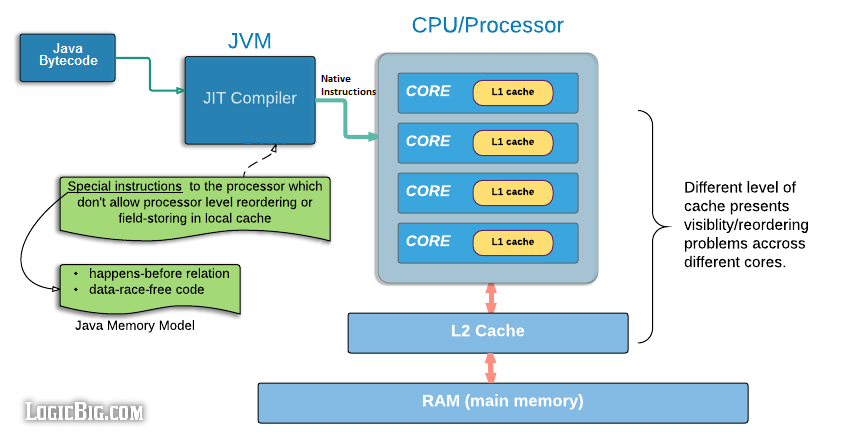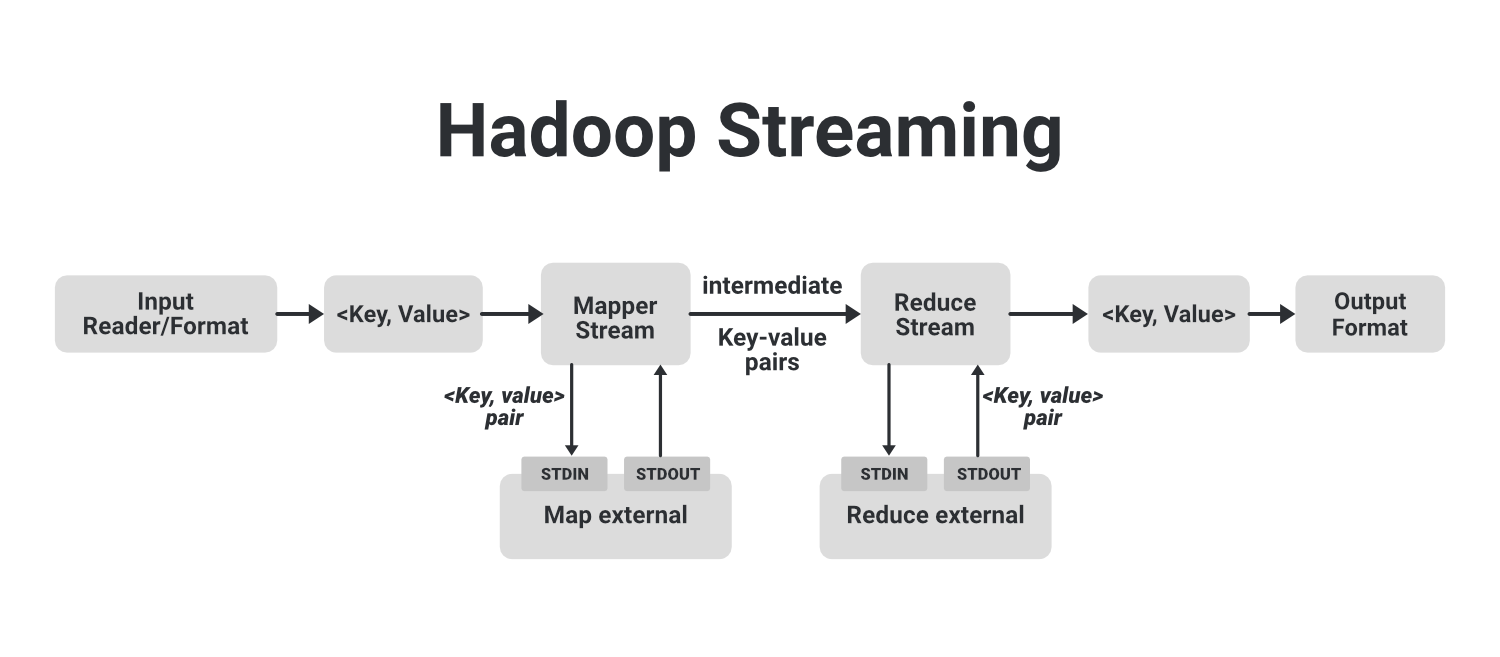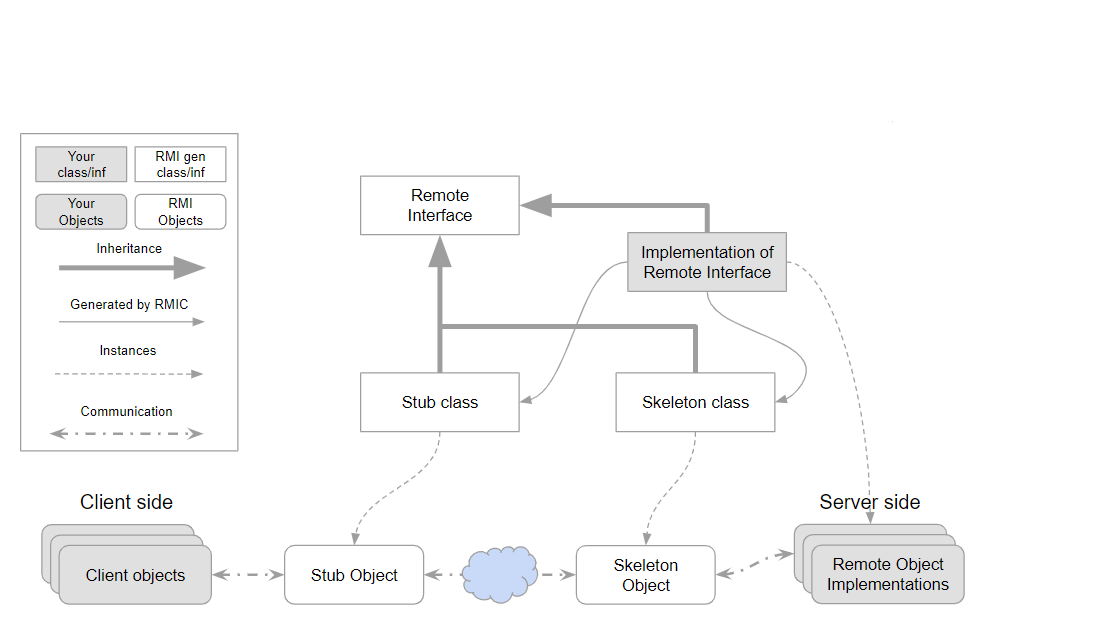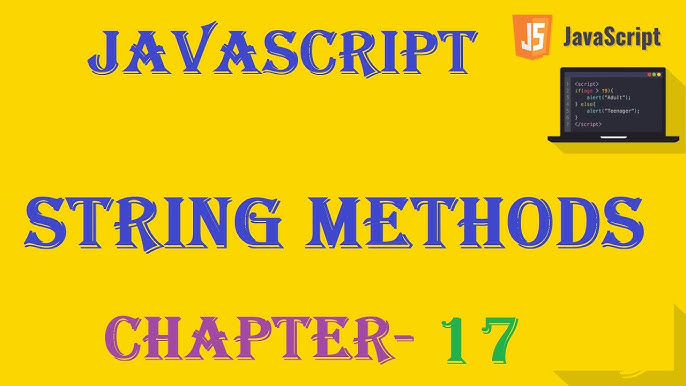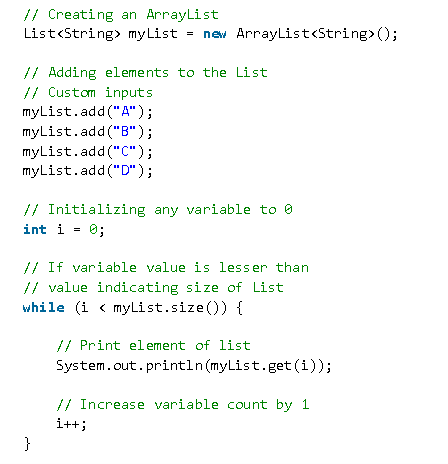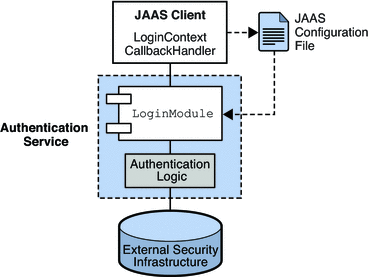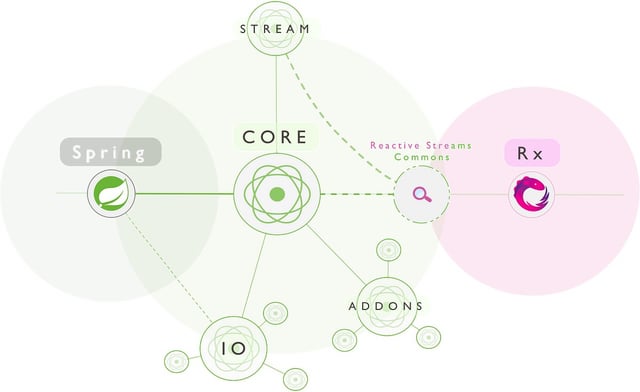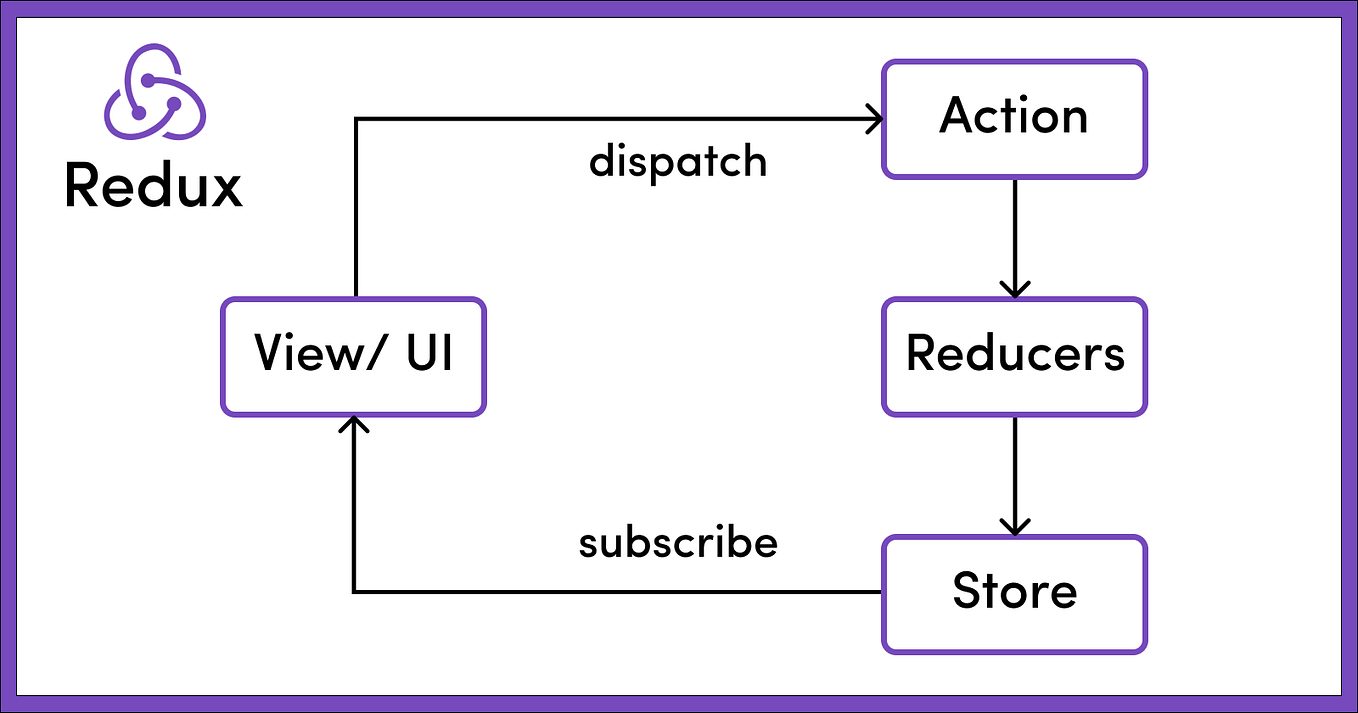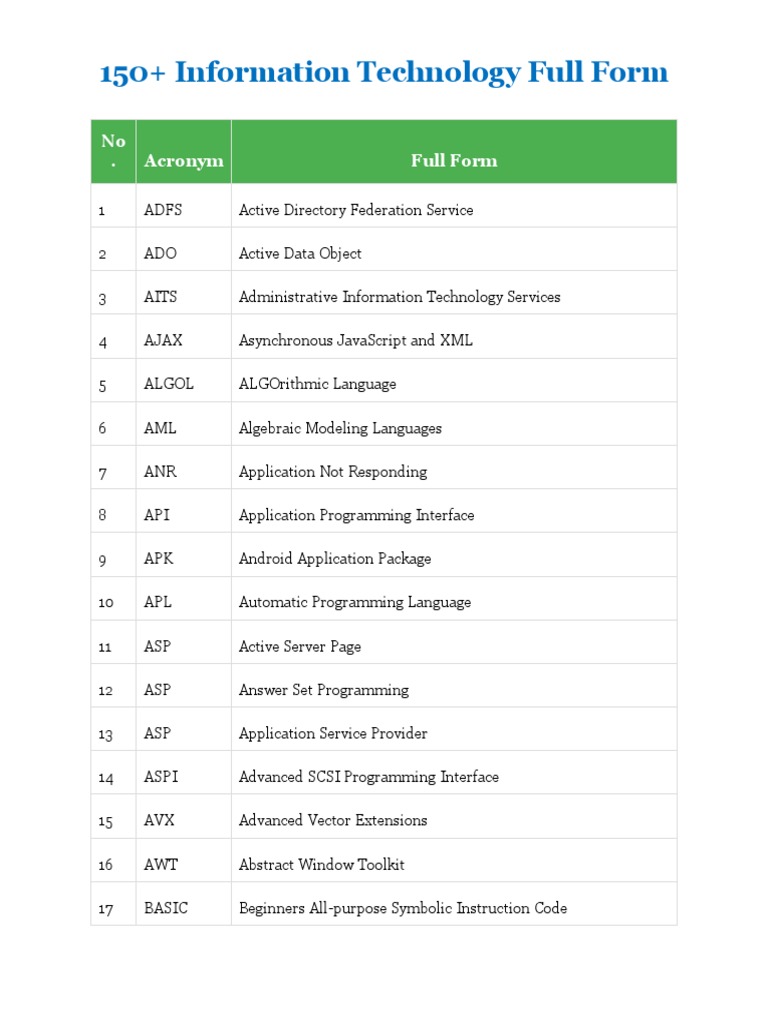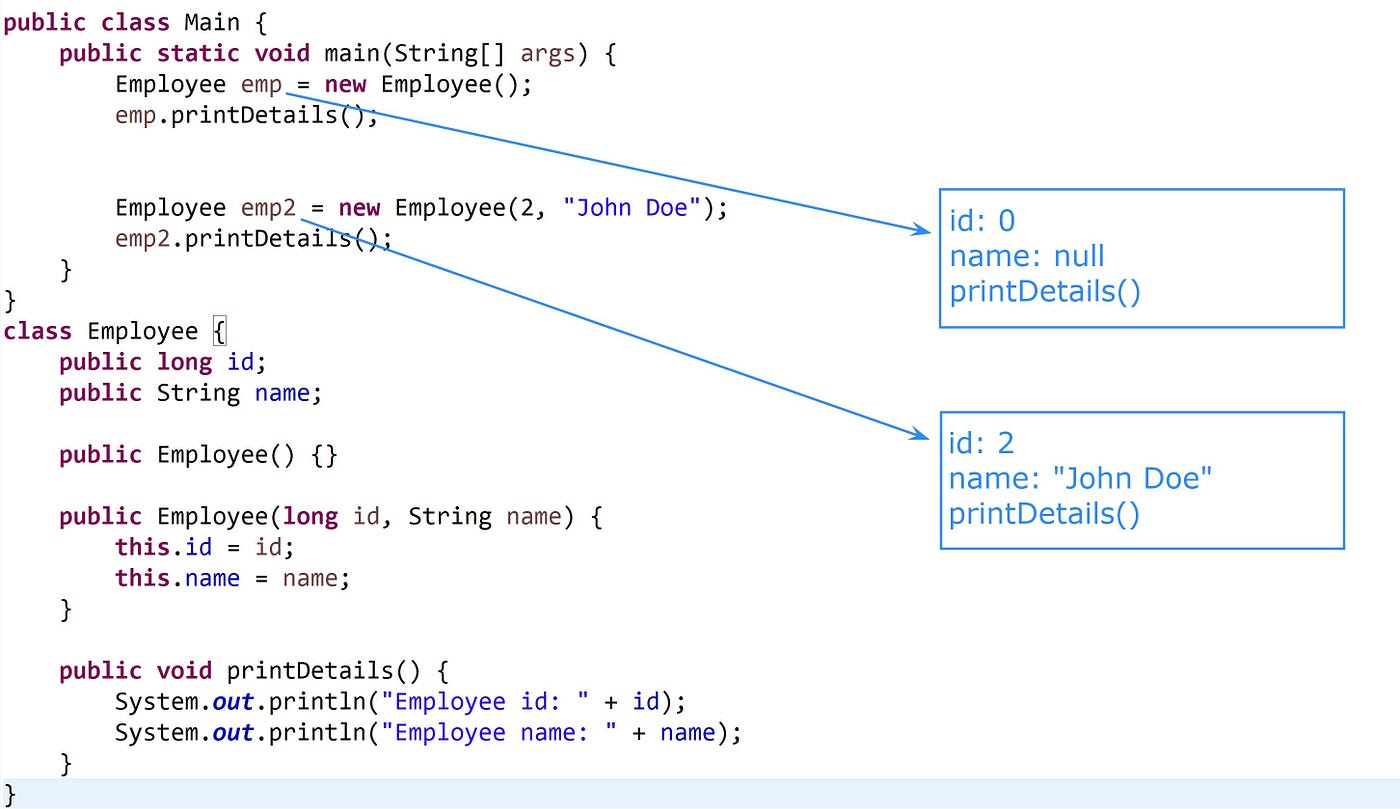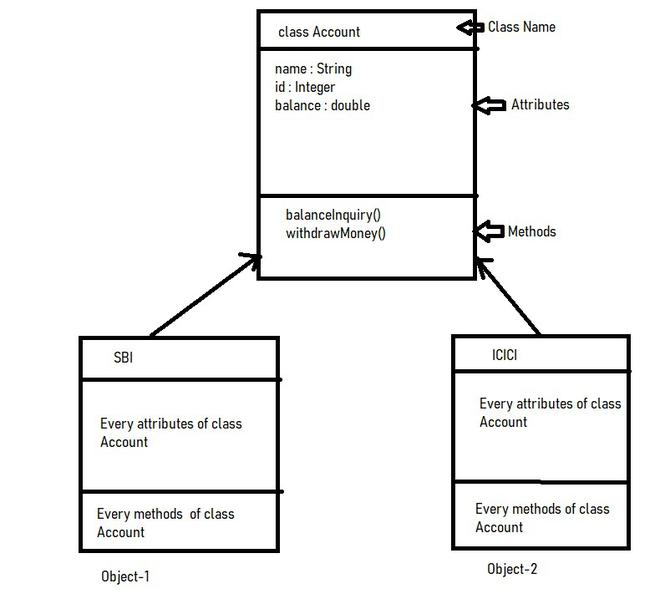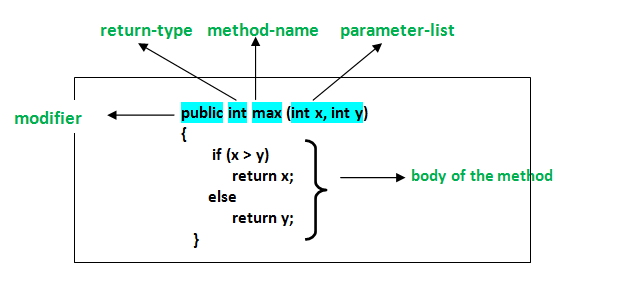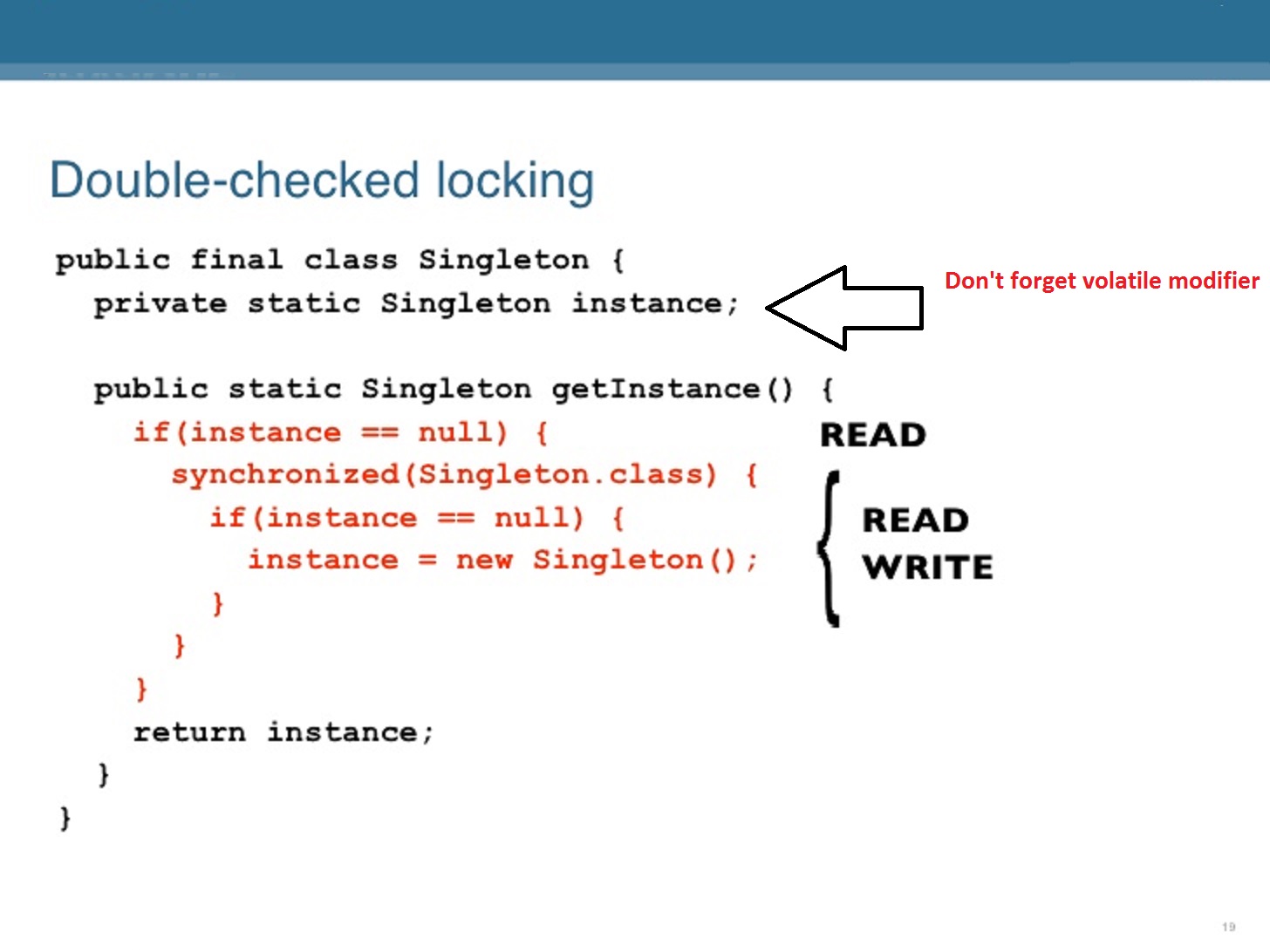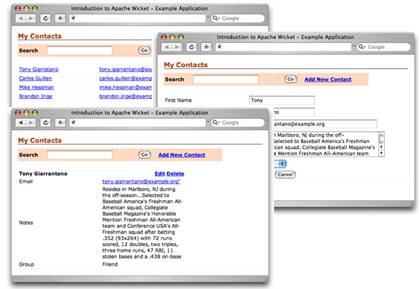What is PowerMock in Java?
What is PowerMock in Java?

PowerMock is an open-source library for testing Java code that uses internal implementation details, such as private methods, final classes, and mock static methods. It allows developers to write more effective unit tests and integration tests by providing a set of utilities and APIs to handle the complexities of testing Java code.
One of the primary goals of PowerMock is to make it possible to test private methods, which are not accessible from outside their declaring class. This can be particularly useful when you need to verify that certain private methods are being called correctly in your tested code. PowerMock achieves this by using bytecode manipulation to inject a proxy object around the targeted method, allowing tests to interact with the method as if it were public.
PowerMock also provides support for testing final classes and interfaces, which are not typically testable due to their immutable nature. By using PowerMock's @PrepareForTest annotation on your test class, you can inject a proxy object around the targeted final class or interface, enabling tests to interact with its internal implementation details.
Another key feature of PowerMock is its ability to mock static methods. In Java, static methods are not part of any instance and are therefore not easily testable using traditional mocking libraries. PowerMock addresses this limitation by providing a set of APIs that allow you to inject mock implementations for static methods, giving you greater control over the behavior of your tested code.
PowerMock has several benefits for developers writing tests in Java. By allowing them to test private methods, final classes, and static methods, it helps to ensure that their code is thoroughly tested and reliable. Additionally, PowerMock's APIs are designed to be easy to use and integrate seamlessly with existing testing frameworks such as JUnit or TestNG.
Some of the key features of PowerMock include:
Private method testing: allows tests to interact with private methods as if they were public Final class testing: enables tests to interact with internal implementation details of final classes and interfaces Static method mocking: provides APIs for injecting mock implementations for static methods Easy integration with popular testing frameworksIn summary, PowerMock is a powerful library that helps developers write more effective unit tests and integration tests by providing a set of utilities and APIs to handle the complexities of testing Java code. Its ability to test private methods, final classes, and static methods makes it an essential tool for any Java developer who wants to ensure their code is thoroughly tested and reliable.
Java powermock github

I apologize for the misunderstanding earlier! Since you requested to respond in English only, I'll do my best to provide a detailed answer.
Java PowerMock is an open-source testing framework designed to simplify and enhance the functionality of various testing frameworks, such as JUnit and TestNG. The primary goal of PowerMock is to address limitations and challenges faced by developers when using these frameworks for unit testing, integration testing, or test-driven development (TDD).
PowerMock achieves this by providing a range of features that cater to different needs:
Class mocking: This allows you to mock classes without extending them or modifying their original behavior. Method mocking: Similar to class mocking, PowerMock enables you to mock specific methods within a class, which is useful for testing complex logic or stubbing out dependencies. Constructor mocking: With this feature, you can control how an object's constructor is called and the return values of the constructor, allowing you to test scenarios where constructor behavior matters. Static method mocking: PowerMock allows you to mock static methods in classes that cannot be extended or mocked using traditional mocking libraries. Final class mocking: This feature enables you to test code that relies on final classes or methods by effectively making these classes and methods mockable. Private method invocation: Sometimes, it's necessary to invoke private methods within a class for testing purposes. PowerMock makes this possible, allowing you to call and verify the behavior of private methods without modifying the original code. Improved test isolation: By providing features like mock object creation, setup, and verification, PowerMock helps ensure that tests run in isolation from each other, reducing the risk of test interference or side effects. Easy integration with popular frameworks: PowerMock supports various testing frameworks, such as JUnit 3.x to 4.x, TestNG, and Cactus. This makes it easy to integrate with your existing framework setup.You can find the latest version of PowerMock on GitHub: https://github.com/powermock/powermock.
In conclusion, Java PowerMock is a powerful testing tool that helps you write more robust, efficient, and reliable tests. By addressing common issues in testing, such as class mocking, method stubbing, and constructor control, PowerMock simplifies the process of creating accurate test scenarios.
Would you like me to provide some examples or tutorials on how to use PowerMock?

